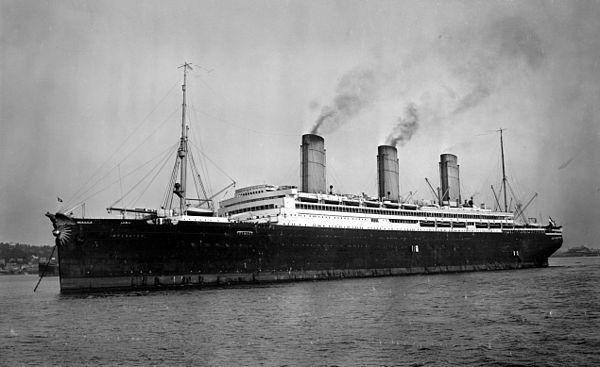
A Century of Chess: Quadrangular Tournaments 1913
The travels of Oldrich Duras in 1913 precipitated a pair of quadrangular tournaments - one in St. Petersburg in April and another to accompany Duras’ visit to New York in September. Both tournaments had little at stake except to take advantage of Duras’ presence - and they both resulted in fighting chess: Duras facing off against Alekhine in St Petersburg and aggainst Marshall in the New York event. And, in both cases, Duras disappointed - in New York, he could only tie with Marshall, and, in St. Petersburg, he finished an unimpressive third.

In their individual game in St. Petersburg, 21-year-old Alexander Alekhine defeated Duras with a sharp combination. Alekhine lost in turn to Levenfish and the two of them shared first place. The tournament was another test of Alekhine’s strength - a demonstration that he could beat the very best in the world but was far from infallible.

In New York, Duras easily won his opening game against Marshall, but Marshall took the return, in a wild, brilliant, blundrous game that showcased the best qualities of two great fighters. The offsetting victories created a tie going into the last round - with both Duras and Marshall winning each of their three games against the also-rans Chajes and Jaffe. But in the last round Marshall defeated Jaffe without difficulty and Duras, in a complex ending, overpressed and allowed Chajes to turn the tables.

The tournament was followed by a short match between Marshall and Duras - a thrilling prospect for lovers of fighting chess, since these two were probably the most consistently creative and aggressive players of their era. The result of the match - an easy win for Marshall +3-1=1 - comes as a bit for a surprise for me. I tend to think the world of Duras as a player. He rose to prominence in close parallel to Akiba Rubinstein, and my assumption had been that, had he kept up a discipline and a passion for chess, he would have been a world championship contender on par with Rubinstein. But I may well be overestimating Duras somewhat - he probably was closer to Llubojević or Andrey Sokolov, a brilliant tactician, dangerous to anyone, but without quite the consistency for the world’s absolute highest level.

Marshall, who was in great form in 1913, outplayed Duras in his strongest suit, complex, ‘strafing’ positions rich with tactical possibilities. The games of the match are instructive to play through - a master class in how creative, aggressively-minded players can find opportunities in virtually any type of position. Marshall took the first three games. Duras was better for all of Game 4 and was at one point three pawns ahead in the endgame but couldn’t convert against Marshall’s dogged defense. A 16-move miniature win by Duras in Game 5 was really just a consolation prize.

Sources: The American tournaments are covered in considerable depth in the American Chess Bulletin for 1913. Alekhine annotates his St. Petersburg games in My Best Games of Chess. Marshall's games are annotated by him in Marshall's Best Games of Chess and by Soltis in Frank Marshall, United States Chess Champion.